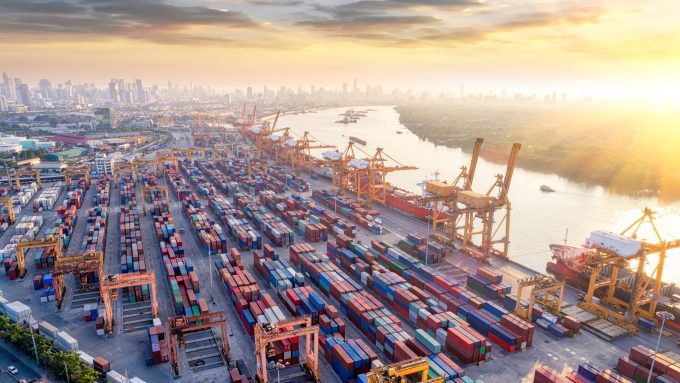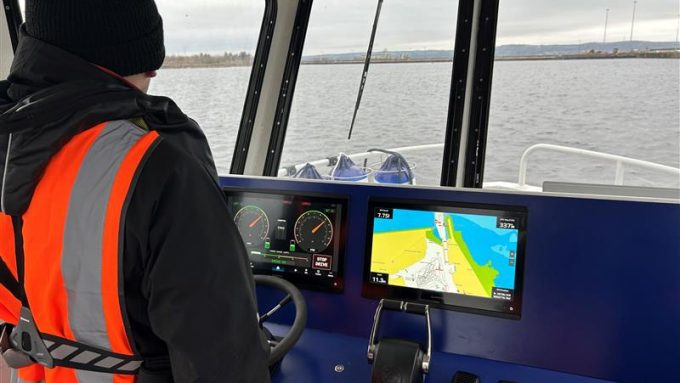
Safety and sustainability innovations for maritime technology trials

Five small and medium-sized enterprises (SMEs) with novel systems to improve safety and performance within maritime and beyond have been selected to take their ideas to trial.
The SMEs are part of Connected Places Catapult’s Maritime Accelerator, and are being supported over five months to develop their innovations and progress them towards commercial readiness.
The five successful trial applicants have received between £10,000 and £30,000 of funding for the trials. They will also receive business and investment support, coaching and mentoring from the Catapult as part of the main accelerator programme.
Partners on the programme are Serco, Port of Tyne, Maersk, DP World, Houlder, Portsmouth International Port, The Royal Navy, and the University of Plymouth.
The Maritime Accelerator welcomed applications from companies offering solutions in four challenge areas: power, propulsion and vessel operations; shore side technology and infrastructure; safety and security; and resource management.
Introducing the five SMEs selected to run trials as part of the accelerator programme:
ACUA Ocean will demonstrate a hybrid hydrogen-electric powered small water-plane twin hull uncrewed surface vessel called Pioneer, which will deploy sensors and systems for offshore energy and maritime security. The trial involves a demonstration in Plymouth and a shore side site visit showing the refuelling system.
Purple Transform will use its AI platform, SiYtE, to highlight risks associated with pedestrian movement in ports and provide incident detection and automated alerts to enhance worker safety. Data analytics and computer vision will transform CCTV cameras into smart devices to interpret visual data to enhance decision-making.
Rux Energy is developing nanoporous materials and advanced carbon composite tanks for the storage of hydrogen in maritime. Its trial will explore the feasibility of a local hydrogen value chain in the sector and involve the modelling of supply, storage, distribution and utilisation of hydrogen for workboats in a port environment.
SpatialCortex is creating wearable sensors with AI-driven analytics to address back problems – or musculoskeletal disorders – within maritime. It hopes to prevent injuries and better ensure compliance with safety protocols. Its trial will address incorrect manual-handling, awkward posture and prolonged sitting during desk-based activities.
Stellar Advanced Concepts will trial a nature-inspired drag reduction surface texture for ship hulls and autonomous underwater vehicles. The idea is to enhance vessel performance, save fuel and reduce environmental impact, maintenance need and installation costs compared to conventional coatings.
“We are delighted to be supporting the latest cohort of innovators on our Maritime Accelerator as they gear up to begin trials. Together they demonstrate the innovation potential of our SME community in addressing the biggest challenges in the maritime sector, of decarbonising operations and keeping our workforce safe and well.
“We had an overwhelming response to our partners’ challenges, which demonstrates just how much unmet potential there is. We are thankful to our partners in working with us to set these challenges, and supporting these SMEs developing their solutions for the pre-market trials.”Connected Places Catapult’s Ecosystem Director for Maritime and Ports, Mark Wray





